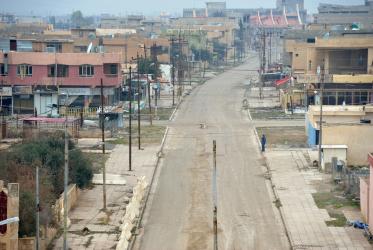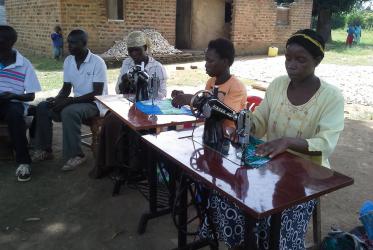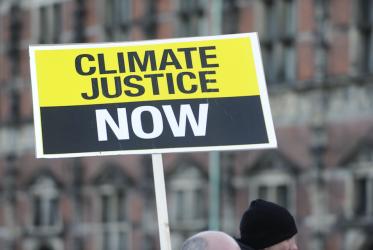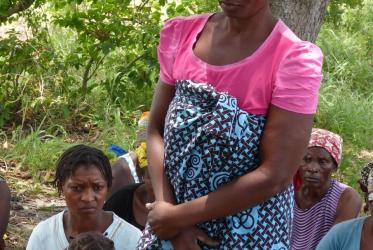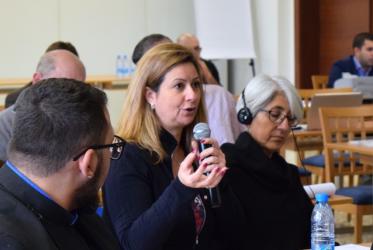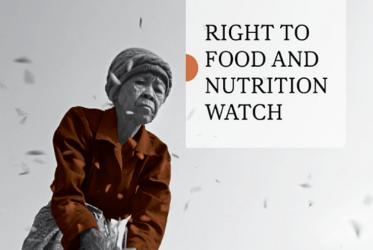Displaying 481 - 500 of 721
Justice and peace in Africa: Where to start? Where to go?
27 February 2017
WCC participates in UN panel discussion on climate ethics
15 February 2017
During Lent, a “carbon fast” can honour God’s creation
09 February 2017
Food and land justice focus of Mozambique workshop
19 December 2016
Churches’ diaconal action in the Middle East analyzed
01 December 2016
Water justice focus of consultation in Nigeria
29 November 2016
WCC Executive Committee issues statement on climate justice
25 November 2016
Workshops reveal impact of Reformation on today's social issues
07 November 2016
European Reformation roadmap starts in Geneva
03 November 2016
Joining Blue Communities, WCC turns from bottles to taps
26 October 2016
World Council of Churches joins Blue Communities Project
19 October 2016
Bossey alums praise its 70 years of ecumenical formation
13 October 2016
WCC climate change group plans advocacy strategy
10 October 2016
